When one thinks of Kurdish tahin, the picturesque region of Amedi immediately comes to mind. Nestled within this captivating landscape lies a place of great renown—a mill known as “Ashe Pra Issa,” which translates to “The Mill of Issa Bridge.” This extraordinary mill has stood the test of time, boasting a rich history that spans over 500 years. Its fame has transcended borders, captivating the hearts and palates of individuals not only across Kurdistan but also in the United States and throughout Europe.
Tahin, also known as tahini or tahina, is a paste made from toasted sesame seeds that is commonly used in Middle Eastern cuisine.
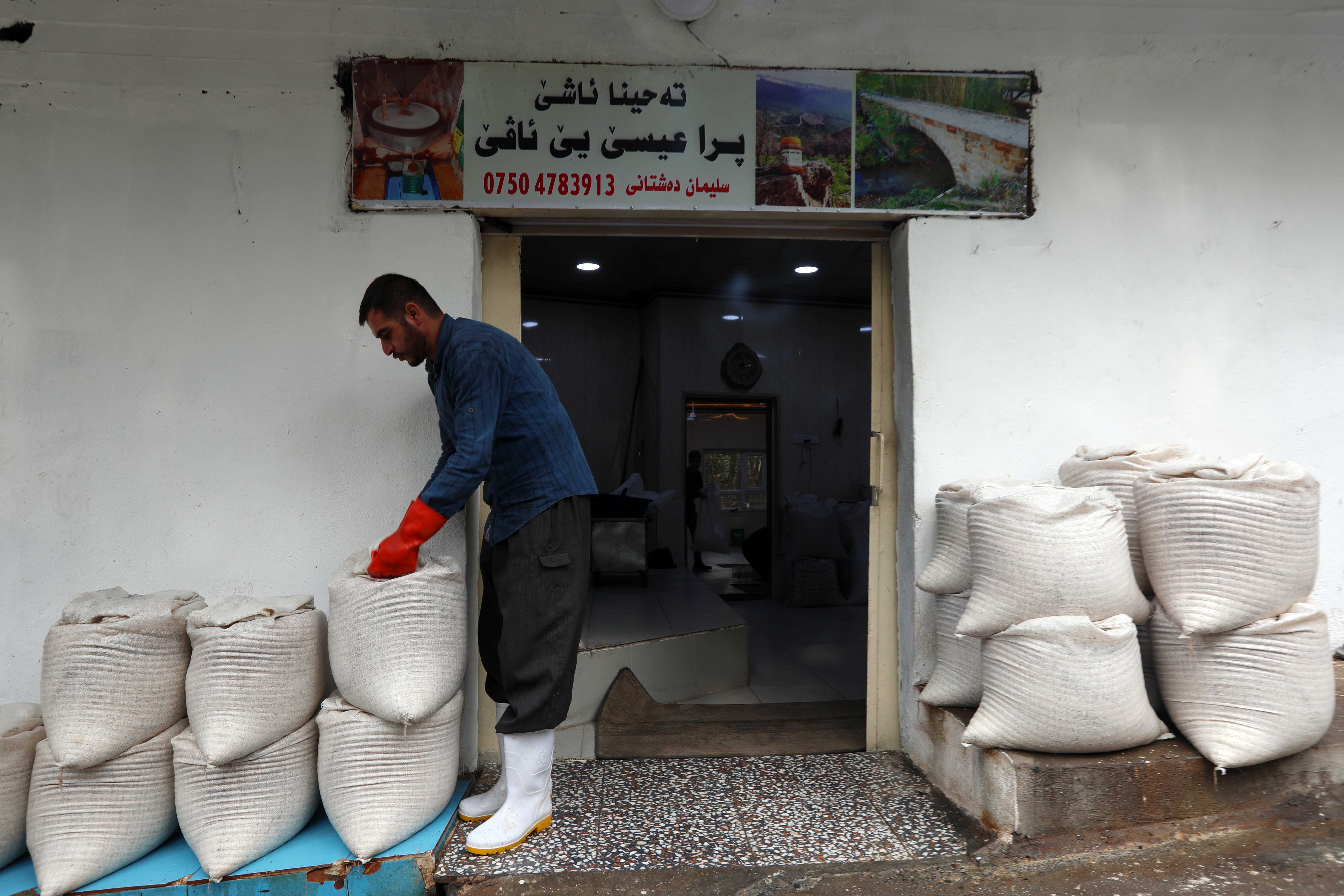
Sulaiman Dashtani, the proud owner of this remarkable mill, shared with Kurdistan Chronicle the captivating story of its origin. “Built five centuries ago in the enchanting region of Amedi beneath the city that shares its name, this mill was the brainchild of a man named Issa Delal. It is in honor of his vision and contribution that the mill bears his name, forever intertwining his legacy with the fabric of history. Nestled along the banks of the Amedi River, our mill springs to life when the river flows generously with water. Every October, we prepare the mill to produce tahin through May. Each day, we craft an average of 300 kilograms of this exquisite delicacy.”
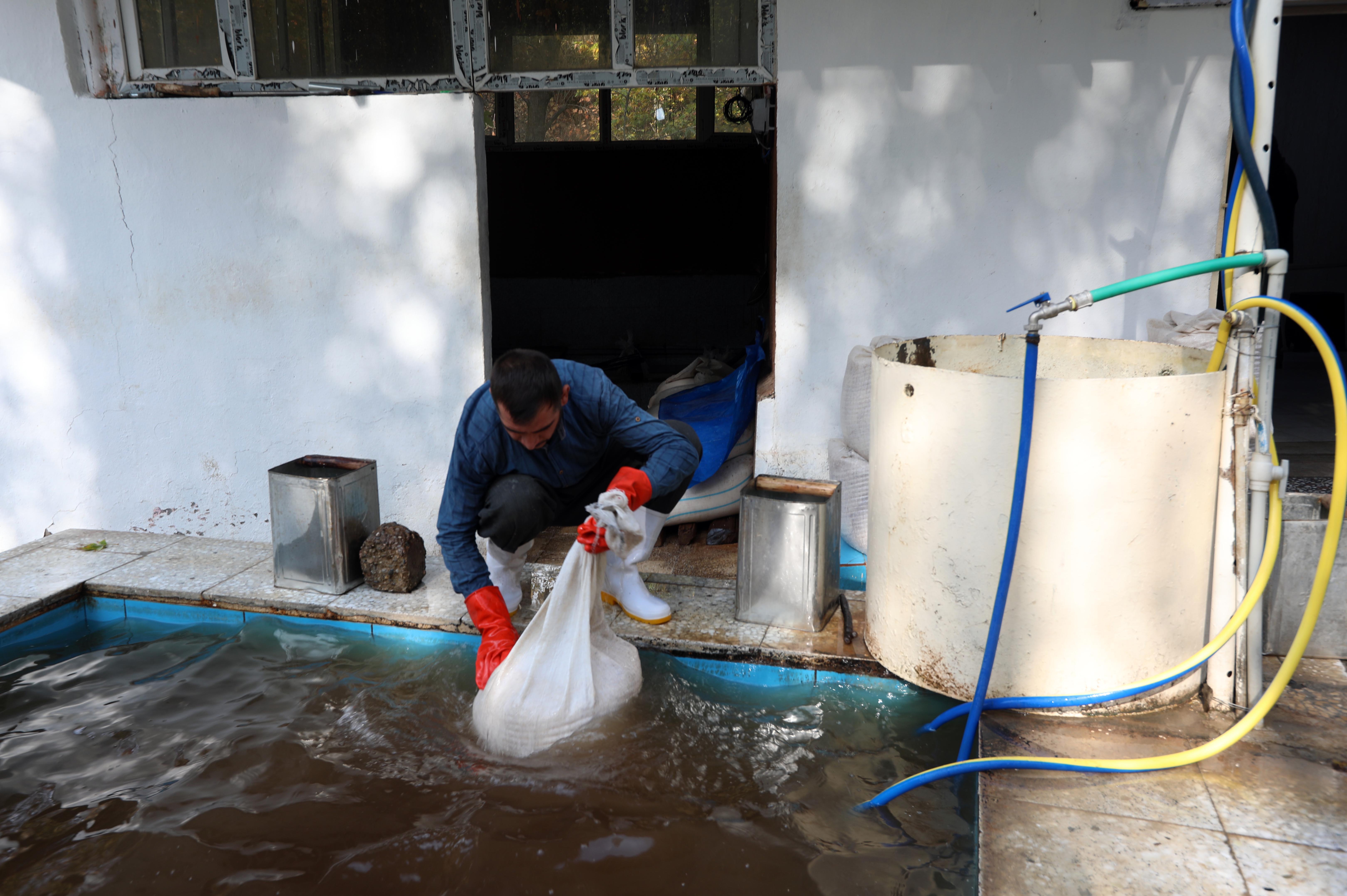
Dashtani continued, “However, there are years when the river's water level wanes, compelling our mill to halt production. We are entirely reliant on the river's life-giving flow to power our operations.”
Elaborating on the intricate process of tahin production, Sulaiman Dashtani shared that to create their tahin, they embark on a meticulous journey that begins with washing the sesame seeds and then drying them. “From there, the seeds make their way into the mill, where they are transformed into the delectable tahin that graces countless tables. Our sesame seeds are sourced from local farmers, as we take pride in relying solely on the sesame products of the Kurdistan Region.”
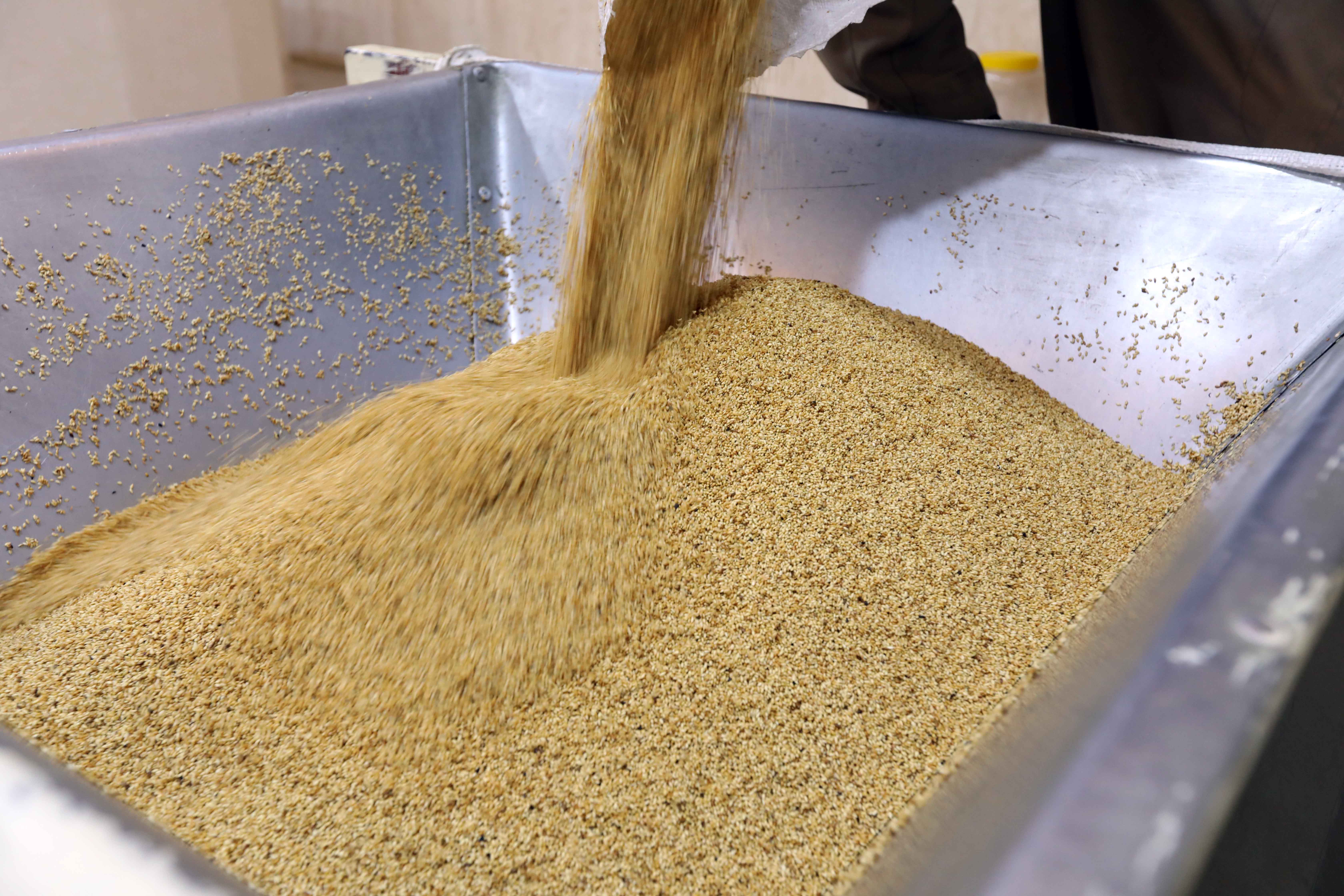
He also noted that their tahin enjoys immense popularity year after year. “The distinctiveness lies in our method of toasting the sesame seeds in front of a crackling fire before they enter the mill. This unique touch bestows upon our tahin a flavor that sets it apart from others produced in conventional factories.”
“However, acquiring our tahin is not always an easy feat. Due to the limited quantity that we produce each day, eager customers must patiently wait in line, longing to savor our tantalizing creation. Unfortunately, our constrained production capacity prevents us from reaching all the markets across the Kurdistan Region of Iraq. Occasionally, individuals make the pilgrimage to our mill, where they can personally acquire our cherished tahin,” Dashtani added.
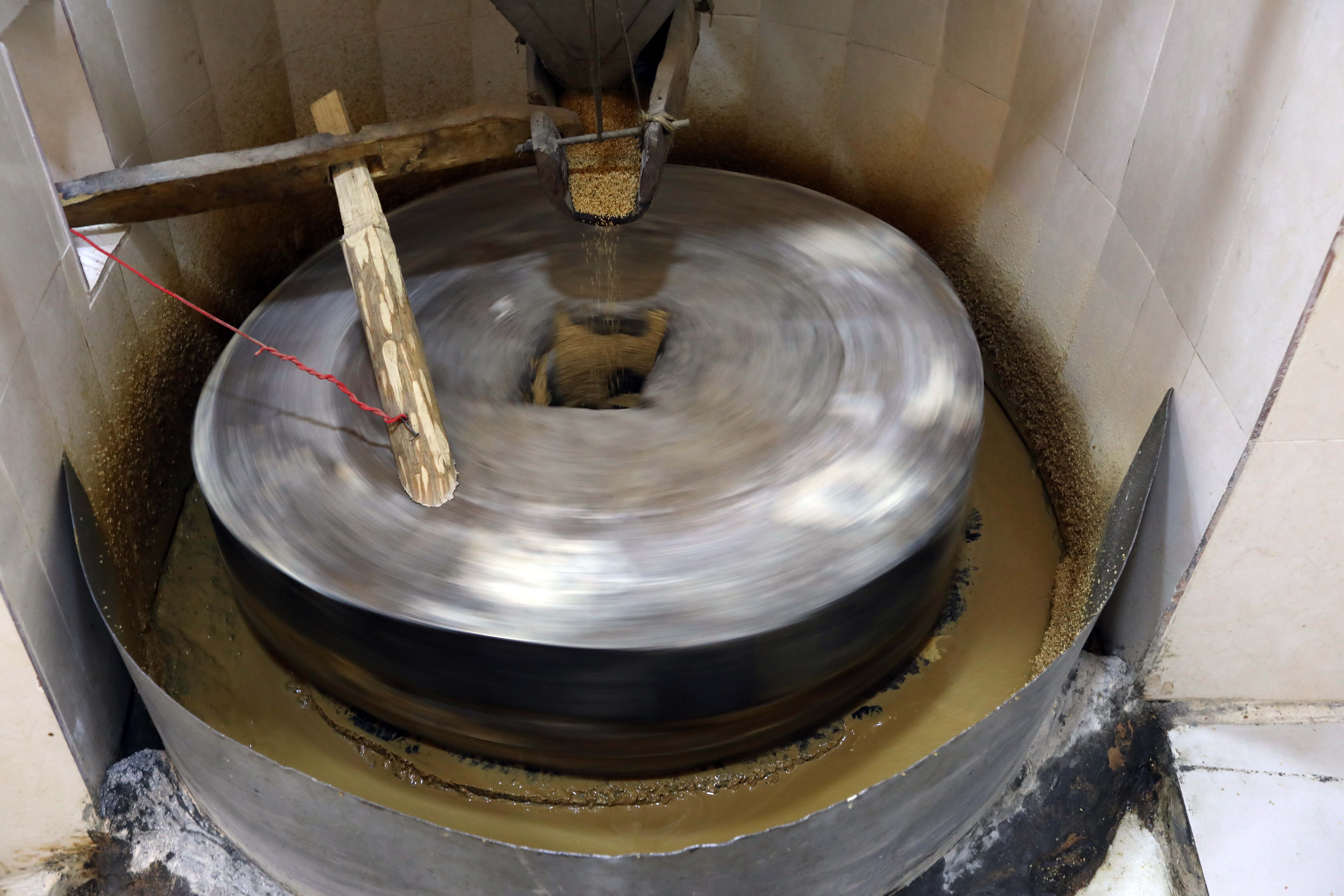
This timeless mill has not only enchanted taste buds but has also provided employment opportunities for numerous workers. “We are overjoyed to have generated job prospects for many young people from our region. Witnessing their growth and prosperity brings us immense satisfaction,” the mill owner remarked.
According to Dashtani, demand for their tahin transcends the borders of the Kurdistan Region. “Our tahin has found its way to every corner of Kurdistan and graces the tables of the United States and numerous European countries,” he proudly proclaimed.
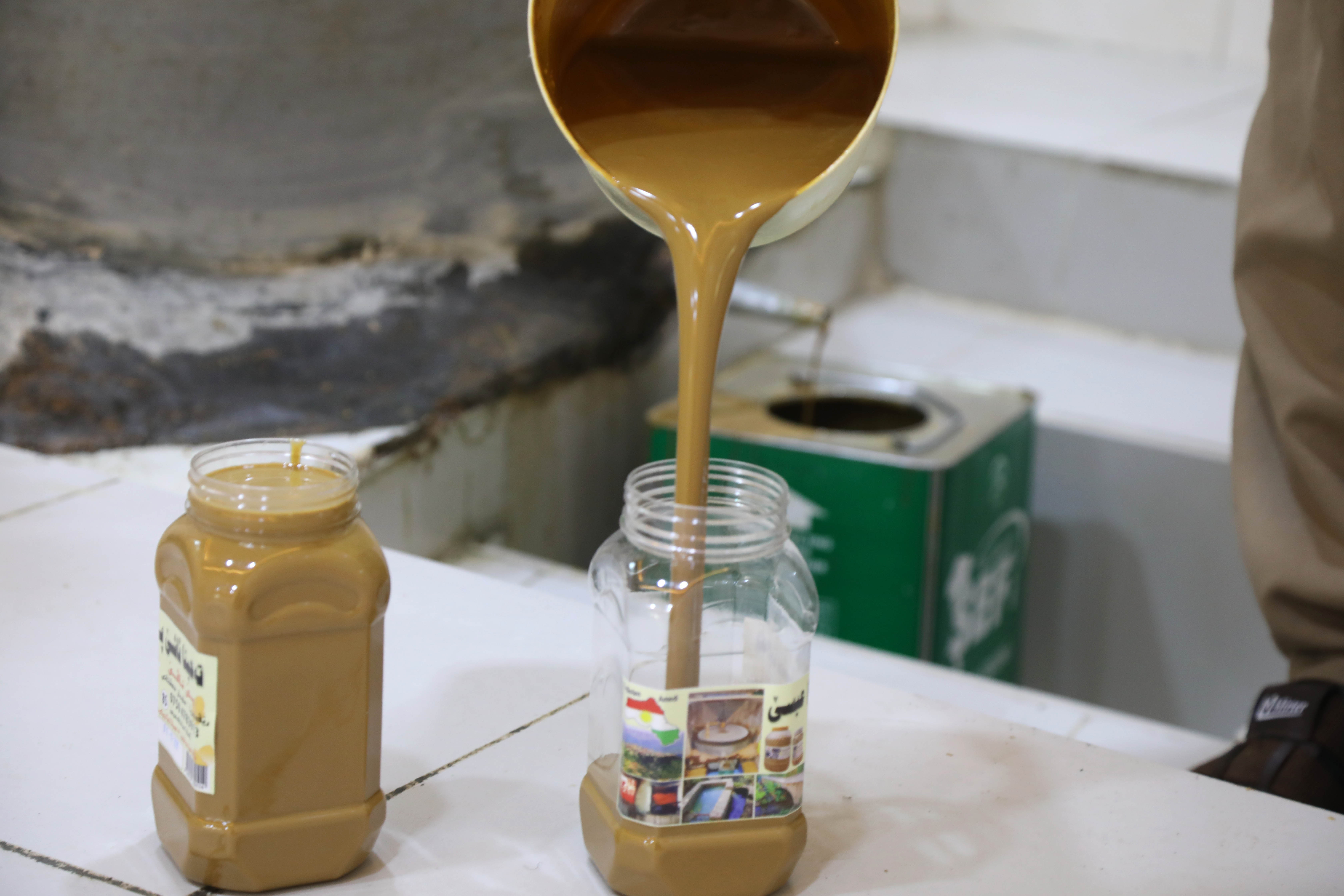
It is worth noting that Tahina Pra Issa holds a place of archaeological significance within the Amedi district, duly registered by the Kurdistan Region's archaeological directorate. This mill stands as a testament to the enduring beauty of Amedi, its rich heritage, and the captivating allure of Kurdish tahin.
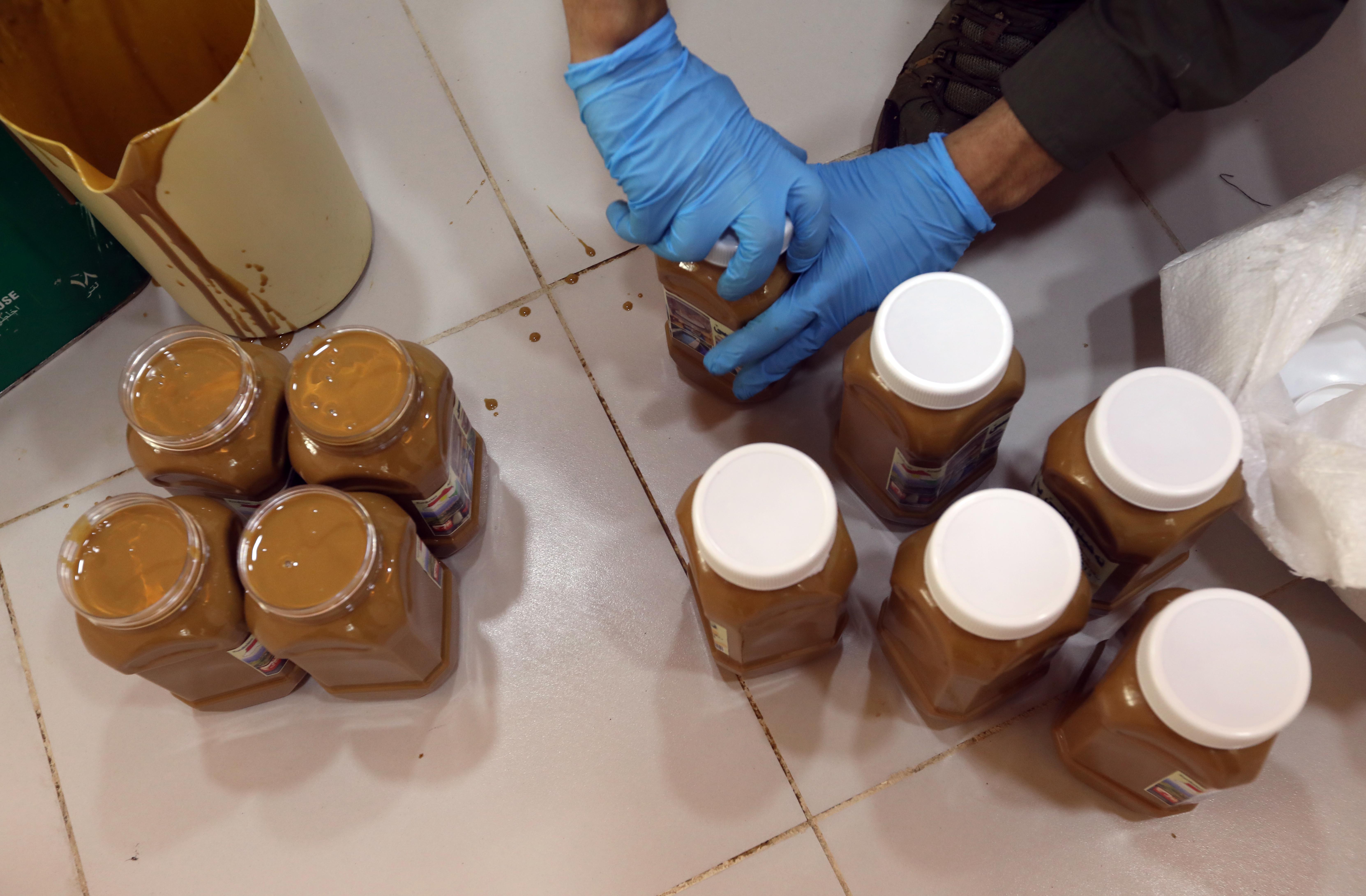
Rojhat Loqman is a Kurdistan-based journalist. He has 10 years of experience with different media organizations.

